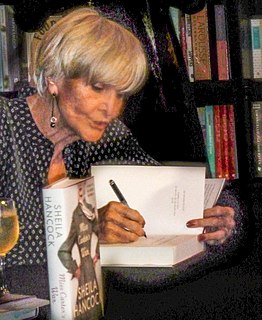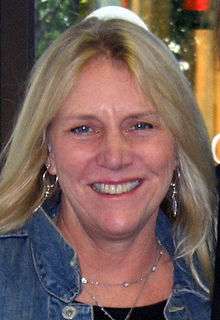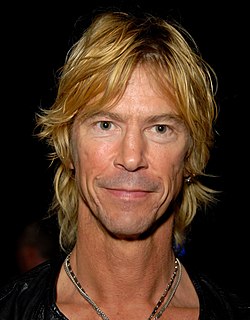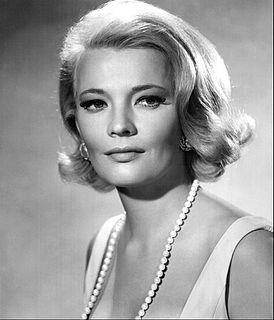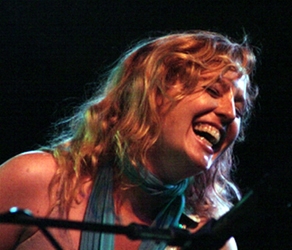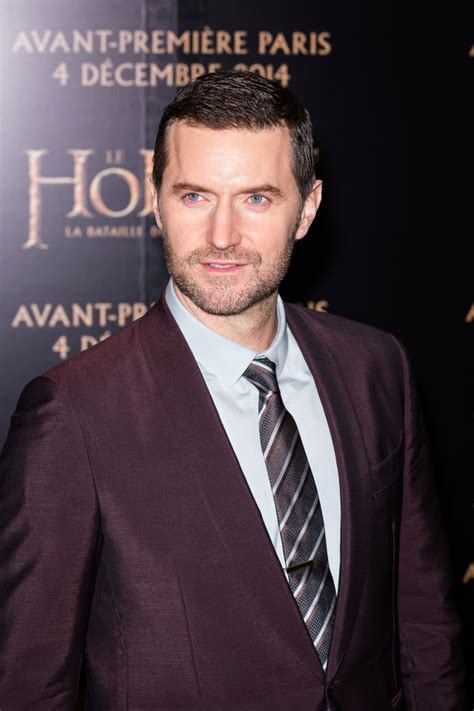A Quote by Sheila Hancock
I only wrote one diary to be read by others. I went on an exchange to France, working as an au pair, when I was 14 and in a battered red notebook I wrote my experiences for my father to read later.
Related Quotes
I worked with John Maybury on The Jacket and I think he's an extraordinary film-maker. I read the first drafts of this piece when I was working on The Jacket, and we'd so fallen in love with him that we thought he was the only person that should direct this! We wrote poems for him, we sent him champagne and cakes. Four years later he finally read it.
Sometimes he would advise me to read poetry, and would send me in his letters quantities of verses and whole poems, which he wrote from memory. 'Read poetry,' he wrote: 'poetry makes men better.' How often, in my later life, I realized the truth of this remark of his! Read poetry: it makes men better.
Don't tell girls they can be anything they want when they grow up. Because it would have never occurred to them that they couldn't. It's like saying, 'Hey, when you get in the shower, I'm not gonna read your diary.' 'Wait--are you gonna read my diary?' 'No! I said I'm not gonna read your diary. Go take a shower!'
I had amazing intellectual privilege as a kid. My mom taught me to read when I was two or three. When I was five, I read and wrote well enough to do my nine-year older brother's homework in exchange for chocolate or cigarettes. By the time I was 10, I was reading Orwell, Tolstoy's 'War and Peace,' and the Koran. I was reading comic books, too.
Recently I began reading my old diaries. Back to before the war. Gradually I became very depressed. The reason for that is probably that I wrote only when there were obstacles and halts to the flow of life, seldom when everything was smooth and even. ... As I read I distinctly felt what a half-truth a diary presents.
